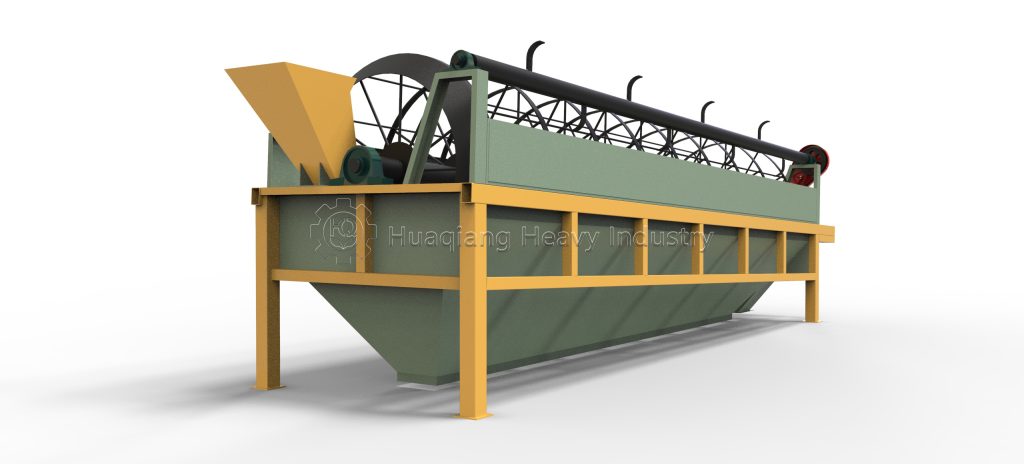Daily Knowledge of Fertilizer Production Line: Rotary Drum Screen
The “Quality Goalkeeper” in Fertilizer Production
The rotary drum screen is a core classification device in modern fertilizer production lines, named for its distinctive cylindrical screen structure. Through the clever combination of rotational movement and screen mesh apertures, it achieves precise grading of fertilizer particles, earning the industry nickname of “quality goalkeeper”.
Why Choose Rotary Drum Screens?
Compared to other screening equipment, rotary drum screens offer irreplaceable advantages:
- High Processing Capacity: Single unit throughput reaches 10-50 tons/hour, 2-3 times that of vibrating screens
- Gentle Screening: Rotational movement minimizes particle breakage, ideal for fragile materials like organic fertilizer
- Multi-level Classification: Simultaneous 3-5 grade screening through segmented screens with different apertures
- Self-cleaning Design: Rotation + cleaning device combination effectively prevents screen clogging
- Low Maintenance Cost: Simple structure with few wear parts, 40% lower operating cost than vibrating screens

Applicable Fertilizer Types and Usage Scenarios
| Fertilizer Type | Screening Purpose | Typical Aperture(mm) |
| Compound Fertilizer | Finished product size grading | 1.0-4.75 |
| Organic Fertilizer | Impurity removal/coarse screening | 3.0-10.0 |
| BB Fertilizer | Raw material pretreatment | 2.0-5.0 |
| Bio-organic Fertilizer | Post-microbial agent mixing screening | 0.5-3.0 |
Rotary drum screens become particularly necessary when:
- Processing materials with high viscosity or moisture content
- Simultaneous production of multiple particle size grades is required
- In large-scale continuous production scenarios
- Producing premium fertilizers with strict particle integrity requirements
Five Key Benefits for Manufacturers
Adopting rotary drum screens creates significant value for fertilizer producers:
- Enhanced Product Quality: Over 30% improvement in particle uniformity, boosting market competitiveness
- Reduced Rework: Precise screening decreases rejects by 25-40%
- Material Utilization: Screen undersize can be recycled, minimizing raw material waste
- Production Line Balance: Stabilizes material consistency for subsequent coating and packaging processes
- Environmental Compliance: Effectively controls dust emissions to meet environmental regulations
According to the European Fertilizer Manufacturers Association (EFMA) report, companies using rotary drum screens save an average of €3-5 per ton of product[1].
